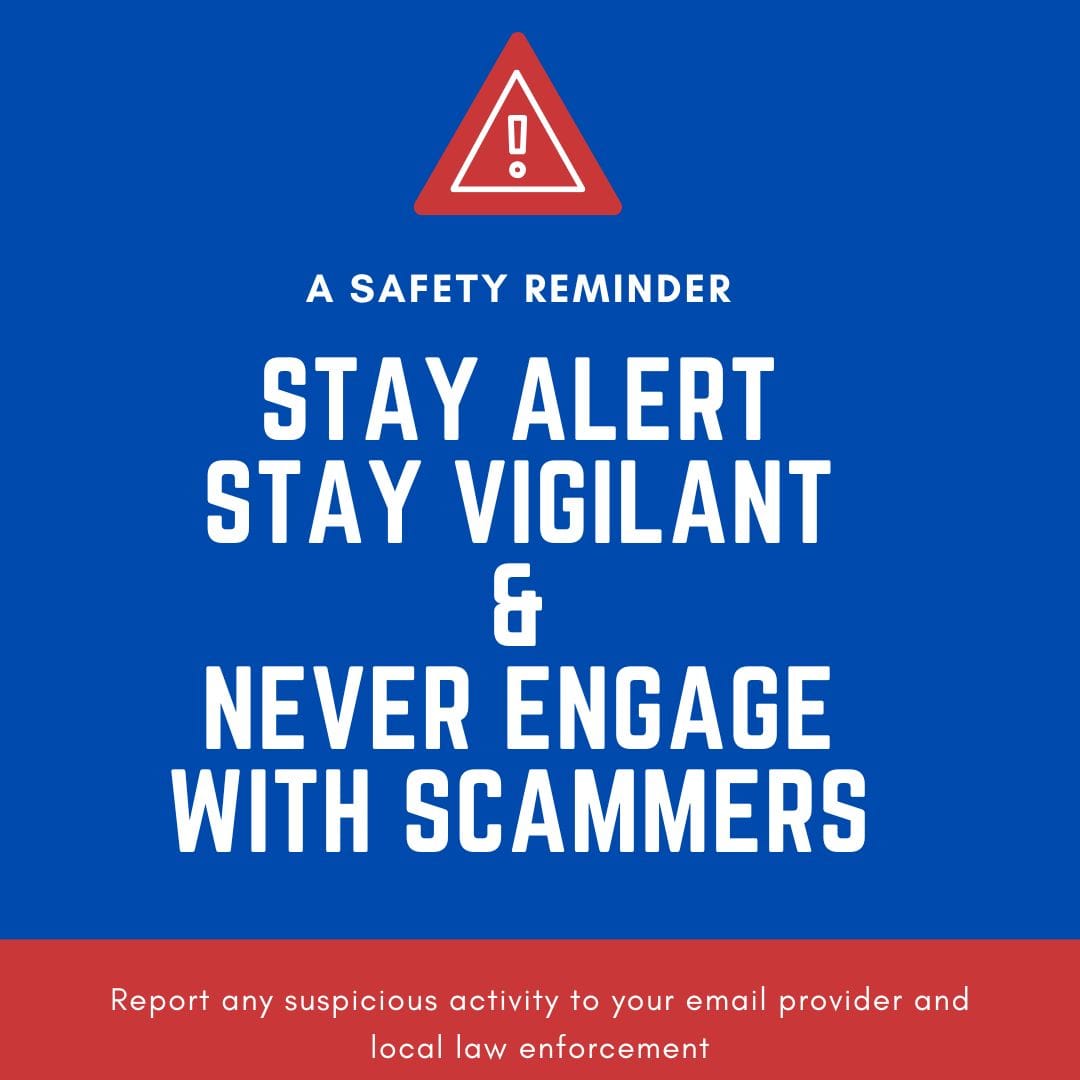Extortion Scam Emails Surge in the UK – Why This Scam Keeps Coming Back

Action Fraud, the UK’s National Fraud & Cyber Crime Reporting Centre, is warning the public to watch out for extortion phishing scams.
According to the Suspicious Email Reporting Service (SERS) operated by the National Cyber Security Centre (NCSC), internet users reported more than 2,924 extortion emails in March 2025, compared to just 133 in February, prompting the agency to issue an immediate public alert.
What Do These Scam Emails Look Like?
While subject lines and phrasing vary, these emails generally follow a consistent theme:
- They claim to have installed malware on your computer.
- They say they have recorded intimate activity using your webcam.
- They demand payment in cryptocurrency, typically ranging from a few hundred to thousands of dollars.
- They threaten to send the supposed footage to your contacts if you don’t comply.
To add credibility and stir up fear, scammers often include personal information such as:
- An old or current password
- Your home address
- Your email or phone number
This data is typically sourced from historic data breaches, not from any actual device compromise.
“Criminals will go to great lengths to make these types of extortion scams more convincing, including using a leaked password or home address in the phishing email to make it seem genuine,” said Detective Chief Inspector Hayley King, Head of Prevention at the NFIB.
She emphasized the importance of reporting these emails and never engaging with the scammers.
Real-World Case
In 2024, a man in his 30s received several extortion emails referencing a password he used on an online account. He dismissed the emails as scams, but shortly afterward, he discovered that his social media and bank accounts had been hacked — all tied to that old password.
This case illustrates how even victims who dismiss the email and don’t pay scammers can be at risk if they ignore the real cyberthreat behind the fake claims — namely, compromised credentials.
These aren’t isolated events, but a recurring tool in fraudsters' playbook, often recycled with slight twists to exploit new fears or current events.
Here are some variations:
‘Pay Me or I’ll Cough’ – The COVID-19 Extortion Scam
As reported by Bitdefender, scammers once exploited pandemic panic by sending emails threatening to infect recipients or their families with COVID-19 unless they paid a ransom. This emotionally manipulative scam illustrates how extortion evolves in response to current events to remain relevant.
No, They Don’t Have That Video
Another recurring scam that mirrors the latest alert and is detailed in this article features cybercriminals claiming to have compromising webcam footage. Victims are pressured to pay to avoid public shame. Often, these emails include leaked passwords to boost credibility — even though no actual hack occurred.
Fake Police & Government Officials
The FBI also warned about extortion scams where fraudsters impersonate law enforcement or government agencies. Victims are told they’re under investigation and must pay to avoid arrest. This tactic exploits trust in authority and the fear of legal consequences.
What to Do If You Receive One of These Emails

1. Do NOT engage with the scammer. Do not reply, click any links, or send money.
2. Report the phishing email. Forward it to report@phishing.gov.uk (NCSC's Suspicious Email Reporting Service) or local anti-fraud or consumer protection agencies. Then, delete the email from your inbox and trash.
3. Check if your data was breached. Bitdefender Digital Identity Protection (DIP) offers a way to monitor and guard your personal data across the internet with:
- Real-Time Breach Notifications: DIP scans multiple online sources, quickly alerting you if your credentials or personal info appear in newly uncovered leaks.
- Comprehensive Account Discovery: It reveals where your data is stored and which online accounts (forgotten or otherwise) still exist, giving you the chance to close unused profiles or tighten privacy settings.
- Ongoing Identity Monitoring: DIP continuously checks for clues that someone might be exploiting your information, so you can act fast to reduce harm.
4. Change compromised passwords immediately. If the email shows a password you still use, change it right away. You can use our Free Strong Password Generator tool to secure your accounts by instantly generating new ones.
5. Don’t pay the ransom. Paying won’t make the “problem” go away. In fact, it makes you a target for future scams.
6. If you fall victim to extortion. Call local police if you fear someone has or is threatening to share intimate images of you, support and legal protection are available.
7. If you’ve lost money or shared financial details. Contact your bank immediately and report to consumer protection agencies and law enforcement.
PRO TIP: Use Free Scam Detection Tools from Bitdefender
- Bitdefender Scamio: Send any suspicious message, email or simply have a chat with Scamio, and it will analyze the message or conversation instantly for scam signs and steer you to safety.
- Bitdefender Link Checker: Quickly check if a link is safe to visit before you share personal or payment information.
tags
Author
Alina is a history buff passionate about cybersecurity and anything sci-fi, advocating Bitdefender technologies and solutions. She spends most of her time between her two feline friends and traveling.
View all postsYou might also like
Bookmarks
